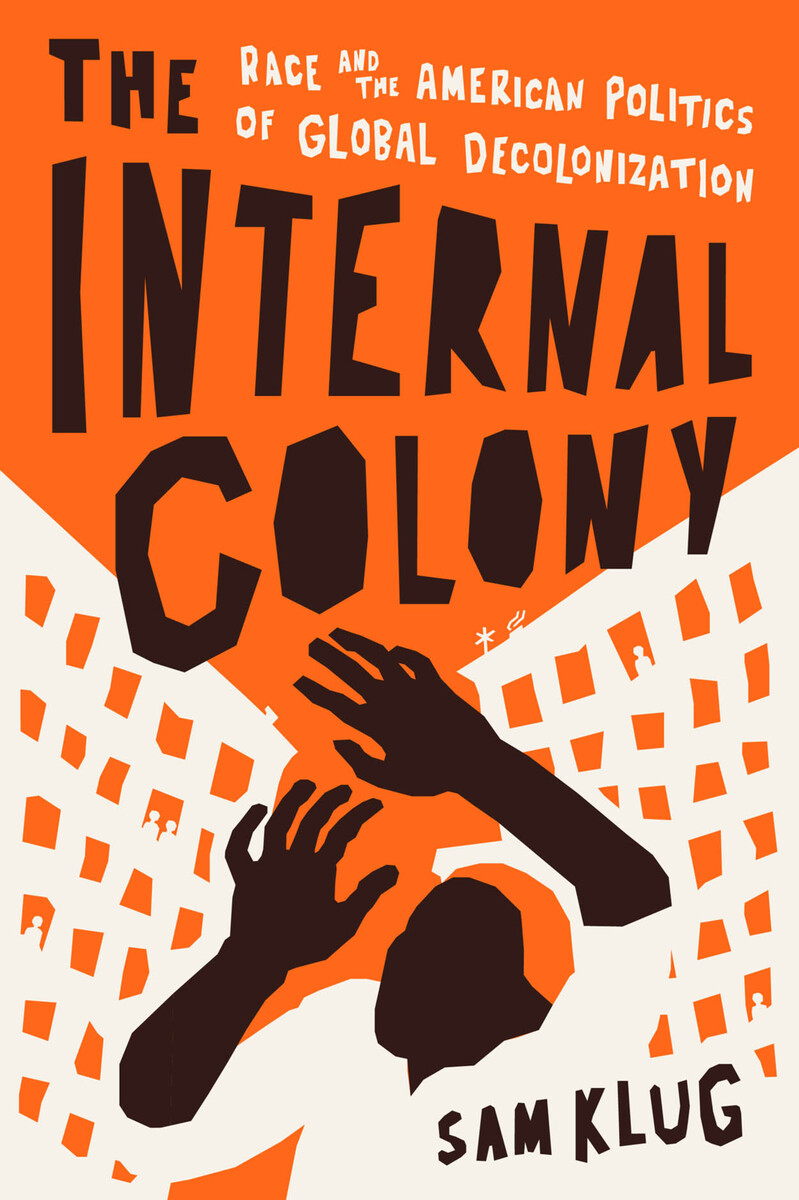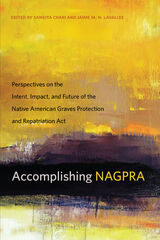The Internal Colony: Race and the American Politics of Global Decolonization
University of Chicago Press
eISBN: 978-0-226-82052-1 | Cloth: 978-0-226-82051-4
See other books on: 20th Century | African American & Black | American Politics | Modern | Race
See other titles from University of Chicago Press
eISBN: 978-0-226-82052-1 | Cloth: 978-0-226-82051-4
ABOUT THIS BOOK | AUTHOR BIOGRAPHY
ABOUT THIS BOOK
An explication of how global decolonization provoked profound changes in American political theory and practice.
In The Internal Colony, Sam Klug reveals the central but underappreciated importance of global decolonization to the divergence between mainstream liberalism and the Black freedom movement in postwar America. Klug reconsiders what has long been seen as a matter of primarily domestic policy in light of a series of debates concerning self-determination, postcolonial economic development, and the meanings of colonialism and decolonization. These debates deeply influenced the discord between Black activists and state policymakers and formed a crucial dividing line in national politics in the 1960s and 1970s.
The result is a history that broadens our understanding of ideological formation—particularly how Americans conceptualized racial power and political economy—by revealing a much wider and more dynamic network of influences. Linking intellectual, political, and social movement history, The Internal Colony illuminates how global decolonization transformed the terms of debate over race and social class in the twentieth-century United States.
In The Internal Colony, Sam Klug reveals the central but underappreciated importance of global decolonization to the divergence between mainstream liberalism and the Black freedom movement in postwar America. Klug reconsiders what has long been seen as a matter of primarily domestic policy in light of a series of debates concerning self-determination, postcolonial economic development, and the meanings of colonialism and decolonization. These debates deeply influenced the discord between Black activists and state policymakers and formed a crucial dividing line in national politics in the 1960s and 1970s.
The result is a history that broadens our understanding of ideological formation—particularly how Americans conceptualized racial power and political economy—by revealing a much wider and more dynamic network of influences. Linking intellectual, political, and social movement history, The Internal Colony illuminates how global decolonization transformed the terms of debate over race and social class in the twentieth-century United States.
See other books on: 20th Century | African American & Black | American Politics | Modern | Race
See other titles from University of Chicago Press












